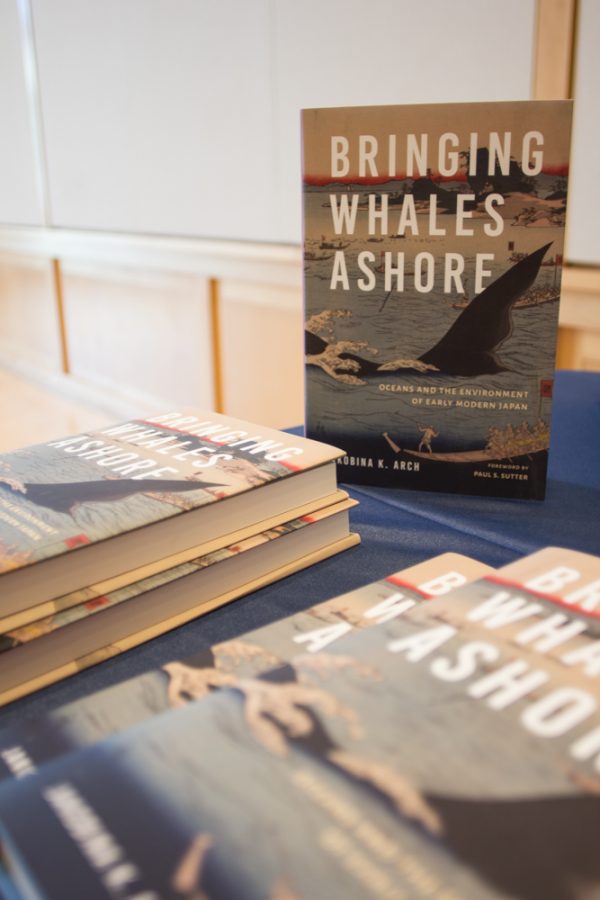My northeastern relatives and their neighbors had another chance to go skiing through their town centers this weekend, as the snowstorm Nemo barreled through New England, dumping feet of snow on its way. I am told that in places where weather like this is relatively commonplace–i.e. nowhere I’ve lived since the age of two–an event like this nor’easter is referred to as a “Snowmageddon.” Over winter break, a similar yet nameless storm swept across the Midwest, canceling flights, cutting power to whole counties, and causing at least three deaths. Nemo, too, has a death toll, which currently stands at four.
I like the term “Snowmageddon.” It’s got the type of apocalyptic cache I feel has been missing from the mainstream rhetoric of climate change (not that reputable scientists haven’t had it plenty). Make no mistake, this is a climate change conversation, and it’s one that is eminently necessary to continue and amplify. Since Superstorm Sandy hit in November, I have begun to feel that extreme weather is the cataclysm about which I speculated in the first column I ever wrote for the Pioneer. Opinion polls just after Sandy showed I could be right: 65 percent of Americans now believe lawmakers should take action on climate change, almost back up to the numbers from before business leaders flooded the airwaves with propaganda.
The reason that one massive, destructive, late-season hurricane is not enough to convince Congress to table everything else until global warming has been dealt with is the same reason that we need language like “Snowmageddon”: the absolutely immense human capacity to adapt. Simply put, there is nothing we cannot get used to. I always believed that disaster films like 2012 and The Day After Tomorrow should have more scenes of people walking through waste-deep water carrying bags of groceries, texting their spouses that they might be home late tonight.
Of course, adaption is a great and necessary trait in most species: it allows them to survive and reproduce by becoming better-fitted to changing climatic conditions. As with everything humans to relative to other species, the scale amplifies and the process dramatically speeds up. Thus, we as individuals adapt to new circumstances and to hardship and loss, while we as a race adapt to wars, resource shortages, and ever-intensifying drought. The problem with adaption comes when we decide to batten down and endure things we ought to be fighting against.
This is why there are right and wrong ways to treat a Snowmageddon. The wrong way is easy: accept it as the new normal, and go about your life knowing that, up to a certain point, you can take anything. The right way is quite a bit harder: recognize exactly what kind of normality you are settling for, and rethink your understanding of cause and effect on the planet Earth. If you still don’t believe that the climate is changing, that humans are responsible, or that it will have noticeable effects such as flooding Manhattan, Nemo is here to tell you to do some more reading.
Moreover, if you happen to be a United States congressperson, this paragraph is for you. First of all, grow a conscience and a spine (though that’s for a later post). Second, you will of course react correctly to the next superstorm. You will tour your ravaged district, you will promise aid, and you will vote for that aid in the House or the Senate. But why not strike the problem at its source? Why not use that uniquely human power of endurance to weather the criticism that will be hurled at you for trying to address climate change? We know we can adapt indefinitely, but the question remains: whether, in fifty years’ time, we’ll have the energy to do anything but survive.








